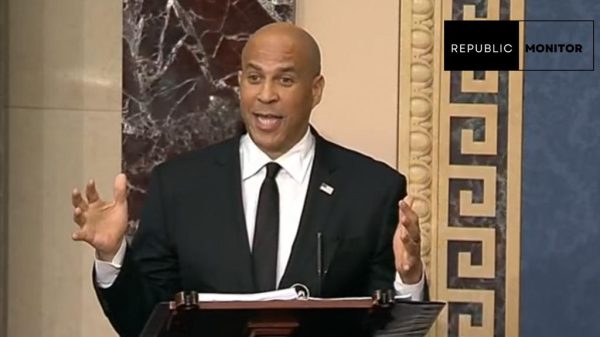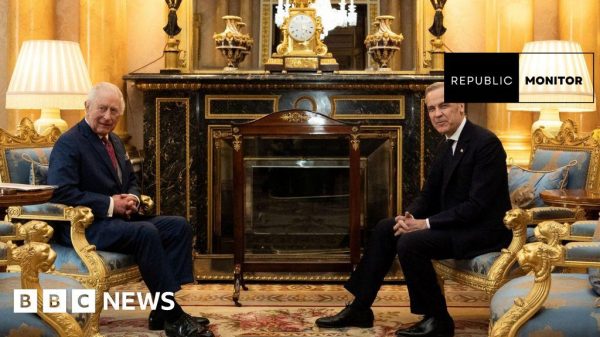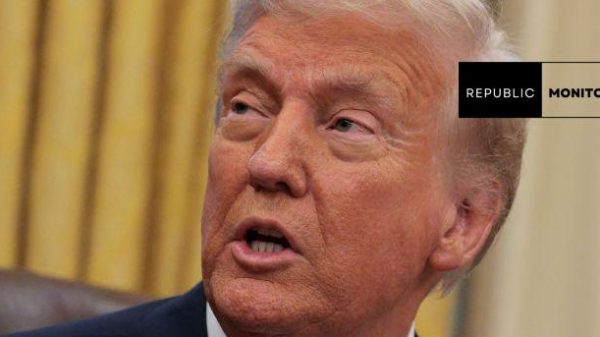In a significant development, Spanish police have arrested Alejandro Cao de Benos, a 48-year-old Spaniard and founder of a pro-Pyongyang affinity organization, for his alleged involvement in conspiring with cryptocurrency experts to help North Korea evade U.S. sanctions related to its nuclear program. The arrest took place at Madrid’s Atocha train station as Cao de Benos arrived from Barcelona, following a warrant issued by U.S. federal prosecutors.

“Spanish National Arrested for Allegedly Assisting North Korea in Evading U.S. Sanctions”
Cao de Benos, who bills himself as a “special delegate” for the government of North Korea, faces up to 20 years in jail if convicted. The charges against him stem from allegations that he, along with British businessman Christopher Emms, conspired to violate and evade U.S. sanctions. They are accused of arranging for American expert Virgil Griffith to travel to North Korea in April 2019 to attend the Pyongyang Blockchain and Cryptocurrency Conference, where Griffith allegedly provided training on using blockchain and cryptocurrency technology to launder money and circumvent sanctions.
Virgil Griffith, with a doctorate from the California Institute of Technology, was sentenced in April 2022 to 63 months in jail and fined $100,000 after pleading guilty to a conspiracy charge. Christopher Emms remains at large, listed on the FBI’s Most Wanted.
The extradition process of Cao de Benos to the United States will require approval from the Spanish government and courts, a procedure that could take several months. The U.S. imposes strict sanctions on the export of goods, services, or technology to North Korea without special permission from the Treasury Department’s Office of Foreign Assets Control.
Cao de Benos, a descendant of Spanish aristocrats, appeared before a High Court judge who released him without conditions while the extradition process unfolds. In response to the charges, he posted a message on social media thanking the police for their “good treatment and personal support” and confidently stated, “There will be no extradition. The U.S. accusation, besides being false, does not exist in Spain.”
Cao de Benos, known for founding the Korean Friendship Association in 2000, an organization officially recognized by Pyongyang, has played a role in coordinating visits by foreign journalists to North Korea and acting as a middleman between the secretive regime and foreign investors. In 2016, he opened the Pyongyang Cafe, a North Korean-themed bar in Tarragona on Spain’s Mediterranean coast.
The arrest of Cao de Benos underscores the complexity and global nature of efforts to enforce sanctions, particularly in the realm of cryptocurrency, and raises questions about the reach of U.S. authorities in prosecuting individuals involved in facilitating financial transactions that violate international sanctions. As the extradition process unfolds, the case will likely draw attention to the evolving dynamics of international relations, cybersecurity, and financial crime.
















